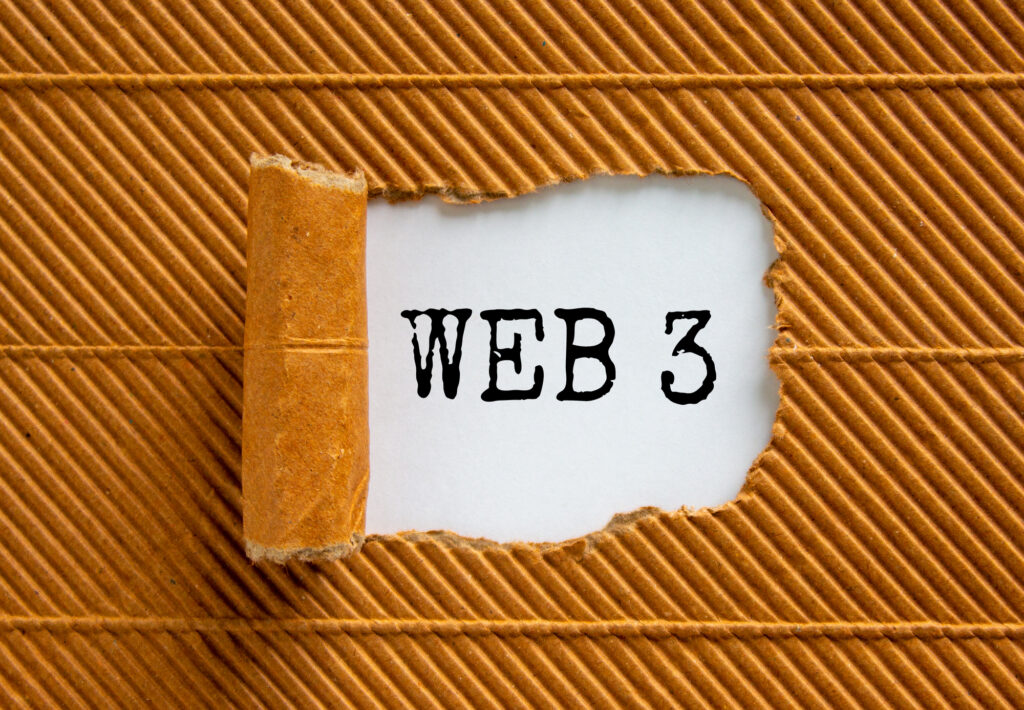For the past many months, I have taken a few calls and meetings each week from web3 entrepreneurs and others involved in the blockchain industry, such as lawyers and accountants whose clients need special expertise. As a transactional attorney, I get a unique perspective on the blockchain industry because I am generally on the front end of the entrepreneurial ecosystem. I get to see and hear what is happening in the marketplace, often before ventures are publicly announced. Sometimes I get to hear about great ideas from around the world even before fingers have touched keyboards. This includes projects with players in China, Southeast Asia, Europe, and Africa.
Isn’t Crypto Dead?
For those following the web3 industry closely, you know that this crypto winter has been brutal from an entity and cryptocurrency valuation standpoint. But you also know that it is one of the best things to happen to the industry. It has exposed and de-incentivized all kinds of idiots and fraudsters while serious developers and communities have doubled down on their investments of time and capital. China has already had its share of bad crypto news, with the founders of many blockchain projects being forced offshore. But those projects have not stopped.
Investment Continues, and Enforcement Has Picked Up
Smart money keeps pouring into blockchain projects. Web3 entrepreneurs have now learned, like their web2 counterparts before them, that they must distill their 50 brilliant ideas into one or two in order to gel their community support and get through to promising angel investors and venture capital groups. Key regulators continue to provide guidance, even if it is only regulation by enforcement, with the SEC jockeying to become the primary crypto regulator in the U.S. China continues to lump many blockchain projects into the “cryptocurrency is a scam” category, while holding massive amounts ($6BB at today’s deflated valuations) of confiscated BTC and ETH.
In this whiplash enforcement environment, service providers like lawyers and accountants have been required to slow down and think about the types of projects and clients they want to be involved in as well as forecast where the regulatory environment is headed.
A Wide Array of Promising Web3 Projects
In the past six months, I have spoken with people involved in the following types of blockchain projects, many of which span one or more international jurisdictions:
- Gaming (play to earn or P2E)
- Language learning (also P2E)
- Film and NFT fractionalization
- Bored Apes licensing
- International finance and crypto
- Cannabis stores in the metaverse
- Music NFTs (international and domestic artists)
- Consumer wearables and NFTs
- Event NFT ticketing
- Crypto investment advisory fund
- Biotech and healthcare investment group DAO
- Cannabis social media platform and marketplace
- Minority DAO member governance issues
- NFT artist contracts
- Staking utility tokens
- Ethereum staking
- New blockchain mechanics involving quantum computing
- Crypto tax
- Utilizing trusts for web3 holdings
- Web3 trade secrets and patents
- Fractionalization of real estate assets
- DeSci (decentralized science)
- Defense industry applications in web3
- Fractionalization of carbon capture and carbon credits
- Bringing real world art into the metaverse
- Virtual art galleries in the metaverse
- Contract disputes over NFTs
- Interoperability of NFTs across metaverses
Blockchain Applications Across Industries
In delivering and discussing my blockchain speaking engagements, I sometimes meet skeptics (usually other lawyers) who think that the web3 industry is in a terminal decline. In response, I share two of my presentation slides that contain a wide range of potential and actual blockchain use cases mapped to dozens of non-web3 industries.
The technology is proven and has been deployed all over the world, and its adoption will only increase. Aside from the usual suspects in the U.S. (Andreessen Horowitz, Coinbase, and Riot Blockchain), many well-known public companies are deep into web3. These include AMD, Microsoft, Intel, Square (Block, Inc.), Meta, NVIDIA, PayPal, IBM, and very recently, JP Morgan Chase. China’s tech-centric Shanghai continues to make significant inroads into non-cryptocurrency blockchain projects, with China’s tech darlings (Tencent, Huawei, Alibaba, Baidu, BydeDance (TikTok), and NetEase) all leveraging their existing customer base and technology expertise in the space.
Bring on the Regulations
Contrary to popular belief, many blockchain entrepreneurs have acknowledged the need – even pleaded and begged – for clear regulations in the industry. This is especially true of those developers who are persevering through this crypto winter. Many of them have been involved or at least tangentially aware of significant industry developments since the 2017 crypto crash, and they want clear regulations rather than choosing between putting their blockchain project on hold or pushing through without any clear regulatory guardrails.
With the global economy teetering on the edge of recession, many do not expect the crypto winter to end soon. But they continue to build because they believe in the technology.
For more information on Web3, see:
China’s Blockchain Developments and Opportunities

























